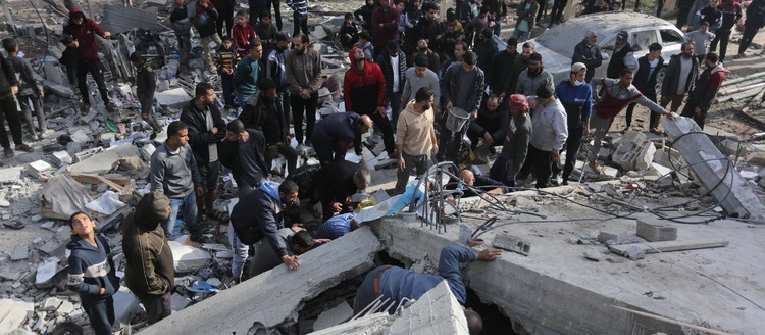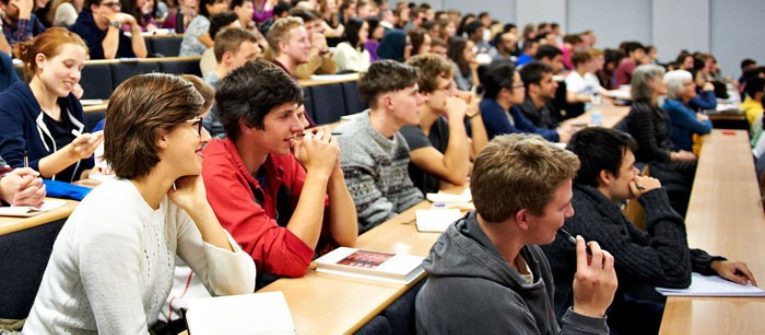 12 October 2023
12 October 2023
International Migration, Immigrants and Public Diplomacy
Our age is the age of migrations. According to United Nations data, 281 million people live in a cross-border geography different from where they were born. This number corresponds to 3.6% of the world's population. Immigrants migrate from their homeland for different reasons. The majority of people who leave their countries for reasons such as political, economic, cultural and ecological reasons as well as the desire to reach better living conditions, aim to settle permanently in their new homeland. Although most immigrants initially maintain a desire to return to their country one day, ongoing conditions often inhibit their desire to return.
Countries that are the source or target of international immigrants are subject to the observation of the world public opinion due to their legislation and especially their practices on the subject. In other words, countries whose behavior towards immigrants does not comply with international ethical and legal rules are naturally criticized and their image is damaged. The image of immigrants that the homeland they left behind cannot adequately "take care of them and provide them with a safe living environment" is a damaging element for the reputation of their country of origin. The care and protection denied to immigrants by the countries they go to is harmful to their reputation.
In light of these views, migration and issues related to immigrants are becoming an area of public diplomacy as they concern the images of countries. For example, these attitudes of non-EU countries, which have been pushing back irregular immigrants in the Mediterranean and the Aegean Sea in recent years and preventing them from entering their countries, clearly constitute a violation of human rights and international law. There is a significant deterioration in the images of these countries.
From the perspective of public diplomacy, it is inevitable today that policies and practices regarding migration and immigrants are included in the strategic public diplomacy of states. Of course, for this reason, it is essential that approaches to migration and immigrants comply with human rights and the rules of international law. A mentality that leaves poor and helpless irregular migrants to die in the Aegean and the Mediterranean and sees them ill-treated in every way is absolutely out of date, immoral and unlawful. Owners of this treatment cannot be expected to have a good image.








